Donating a body for scientific, medical or forensic research (sometimes known as “donating a body to science”) is typically done through what is called a whole or willed body donation programs. These programs vary widely – some accept bodies from organ, eye and tissue donors, cover expenses and return cremated remains to donor families, while others do not.
If you are interested in whole body donation / non-transplant anatomical donation, please contact the program of your choice to learn more and to register directly. It is also strongly advised to make your family aware of any body donation arrangements. Since the Donate Life Texas registry is specific only to organ, eye and tissue donation, your registration does not include body donation as well.
Please keep in mind that the condition of the body at the time of death may render it ineligible for whole body donation. For this reason, it is wise to have an alternate plan for the final disposition of the body.
Whole Body Programs
Accredited whole body donation programs may accept bodies from which organs, eyes, and/or tissue have been donated for transplantation.
Once a body is accepted for donation, these organizations typically cover the cost of transporting the body to their research facility, cremating the body after studies are completed, and returning the cremated remains to the family, usually in less than eight weeks. However, it is always advised to confirm the details of any program you are considering.
Forensic Body Donation Programs
Though forensic body donation programs typically do not accept bodies from which organ, eye and tissue have been donated for transplantation, it is highly recommended that individuals contact these programs for specific guidelines. Forensic programs are sometimes called “body farms”. Because their studies involve observing the natural decomposition of the body, they do not cremate any portion of the remains and no part of the body is returned to the family.
Willed Body Programs
Willed body programs at medical and educational institutions seldom accept bodies from which eyes, organs or tissue have been removed. If a donor’s body is accepted, the family may have to pay at least a portion of the cost of shipping the body to the facility. After the body has been cremated – within two to five years – the family may have to cover the cost of having the cremated remains returned.
Importance of Informed Consent
Consumer interest in whole body donation is on the rise. Typically, the public considers body donation an altruistic act that makes body parts, organs, and tissue available for research and development of bio-products and new devices. When considering body donation, knowing the right questions to ask can help you make an informed decision.
Again, please remember that the body’s condition at the time of death may prevent donation, even if you a registered with a body donation program. Having a back-up plan for your final arrangements is advised
